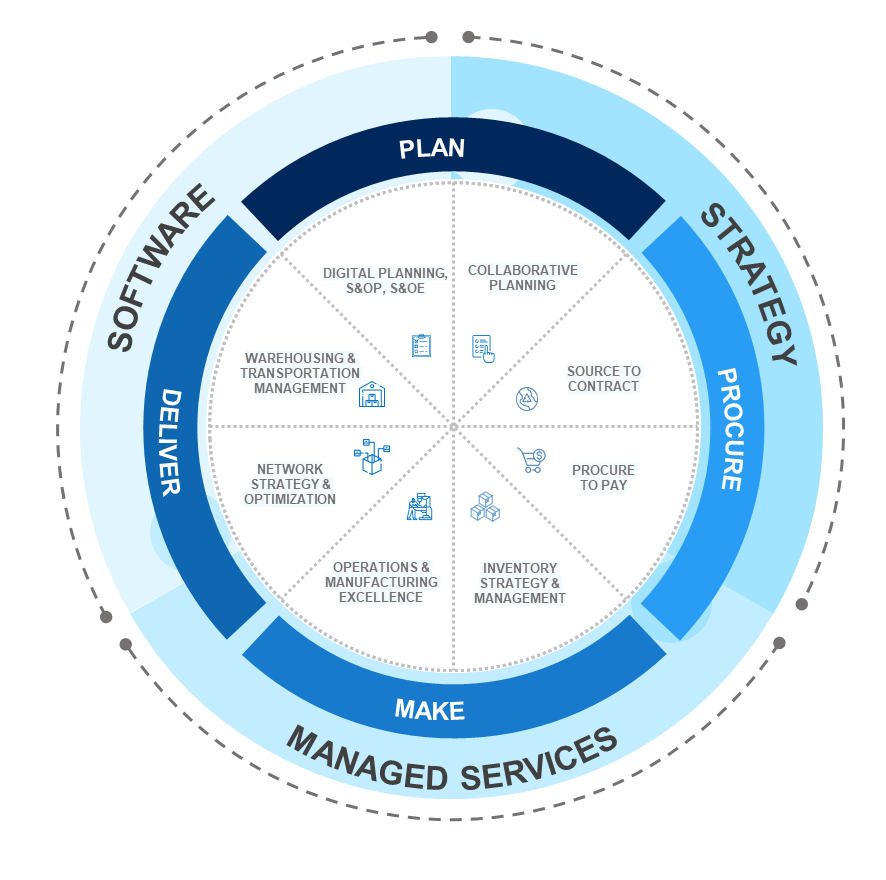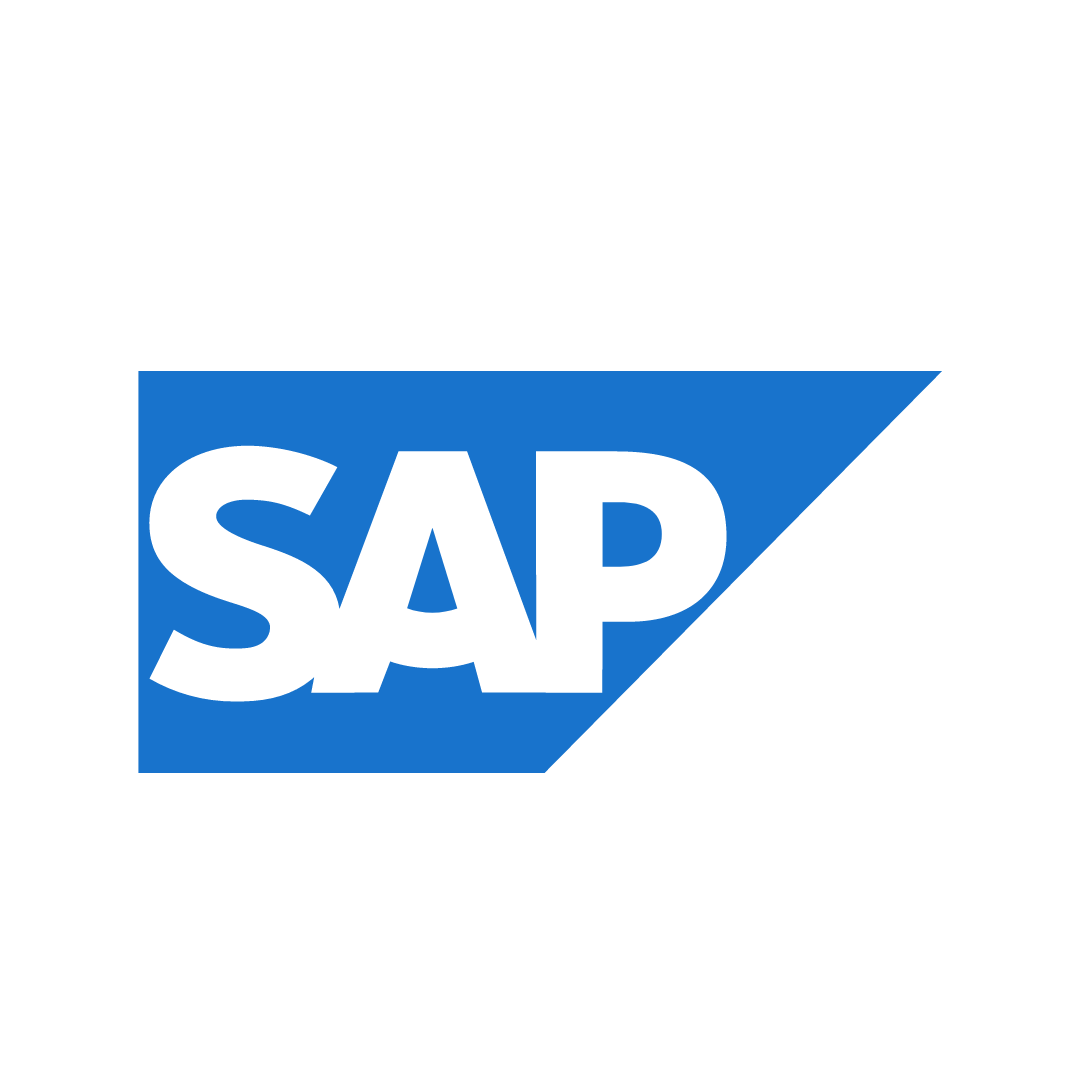ERP implementation:
Our key services_
ERP implementation involves a series of steps aimed at planning, developing, and deploying a comprehensive enterprise resource planning system that supports various corporate functions within your organization.
Drawing upon our 20+ years of software development experience, Hype Studio offers ERP implementation services, enabling your company to adopt an off-the-shelf ERP platform or build a customized solution from scratch to fulfill your unique business requirements.
Scope of ERP implementation service
Business case identification
Business case mapping
TCO & ROI projection
Project budgeting and resource allocation
IT infrastructure assessment
Existing ERP assessment
Project scheduling and roadmap
Deployment model selection
Change readiness analysis
ERP implementation roadmap_
The ERP implementation process typically comprises various phases, each necessitating specific skill sets. Here are the essential steps you should be prepared to undertake:
1
Project Planning
2
Blueprint
3
Realization
4
Integration Test
5
Final Preparation
6
Go Live Support
ERP projects use case
Explore these case studies from Hype Studio's ERP project portfolio to evaluate the potential benefits of implementing enterprise resource planning software for your business.
ERP implementation benefits
An all-encompassing ERP solution, equipped with a wide range of modules and features, brings significant business benefits to your organization.
Reduce product cost
Through the elimination of manual and inefficient processes, you can lower production costs, leading to reduced product costs, higher profit margins, and increased sales.
Improve inventory and lean process
Achieving lean processes is challenging without a manufacturing ERP system that supports the desired optimization of excessive stock levels and production runs.
Traceability
A contemporary manufacturing ERP system offers comprehensive end-to-end traceability, allowing you to access a consolidated view of your sales or operations and debug Key Performance Indicators (KPIs) throughout the process. This traceability is valuable for internal tracking purposes and meeting regulatory requirements.

Improved customer experience
By integrating and streamlining all your processes, you can reliably commit to and deliver on your promises to customers. Automated processes ensure consistent experiences for your customers without manual interventions.
Improved efficiency
Through the elimination of manual and inefficient processes, you can reduce the costs of producing your products, leading to lower product costs, higher profit margins, and increased sales.
Improved cash-flow
With a modern ERP system, you can enhance your inventory and production planning, leading to improved cash flow management. Additionally, the ERP system facilitates timely notifications to customers, ensuring prompt revenue collection.
Key features
- Flexible, modular architecture
- Open-source system, enabling customizations
- 30 main apps to primary main business processes
- Over 25,000 ready third-party addons
Deployment type
- Online SaaS
- Odoo.sh
- On-premises
Target enterprises
Enterprises from small to large
Key features
Whether adopting your first ERP or migrating from an existing one to the cloud, you can gain a complete, modular solution with the AI and analytics capabilities to move your business forward.
Deployment type
- Public cloud
- Private cloud
- On-premises
Target enterprises
Enterprises from medium to large
Challenges of ERP implementation_
Considering the intricate nature of a typical ERP and its impact on various processes, its adoption may present challenging implications. Discover how to mitigate these challenges and ensure a smooth implementation process.
Architecture model
In the current landscape, standard "all-in-one" solutions may prove too rigid for many businesses. Instead, exploring "layered" or "composable" ERP architectures is worthwhile. These modern ERP solutions offer superior flexibility, configurability, and seamless integration with your software ecosystem, allowing you to adapt to ever-evolving scenarios effectively.
Data management
ERP software often doesn't directly handle master data but instead absorbs and consolidates information from other corporate systems, where the source data can be easily modified. To maintain data consistency across multiple software solutions, an ERP system must be capable of re-syncing such amendments and updating aggregates effectively.
Compliance
With the increasing focus on data protection, inadequate data management can lead to reputational issues and severe penalties. Just like any other data-centric software, ERP management systems should incorporate robust cybersecurity measures and adhere to major standards and regulations, such as GDPR and PCI DSS.
Change management
The lack of alignment of key stakeholders' expectations during and after ERP implementation, coupled with inadequate communication and resistance throughout the organization, poses a significant challenge. Achieving a harmonious ERP implementation may involve various process adjustments, continuous training, user support, and proactive communication of the project scope to address staff and stakeholder concerns and secure their buy-in.
76% of supply chain executives have reported an increase in disruptive changes to supply chain management.
Retail ERP : Benefits and functionalities
Discover the ERP solution for retail industry, functionalities,
benefits and Hype Studio's range of solutions for retailers.

Manufacturing ERP benefits
Discover the advantages, benefits, functionalities for
Manufacturing ERP and Hype Studio's range of
solutions for Manufacturing Industry.

Comparison ERP vs CRM
What you need to choose ?




